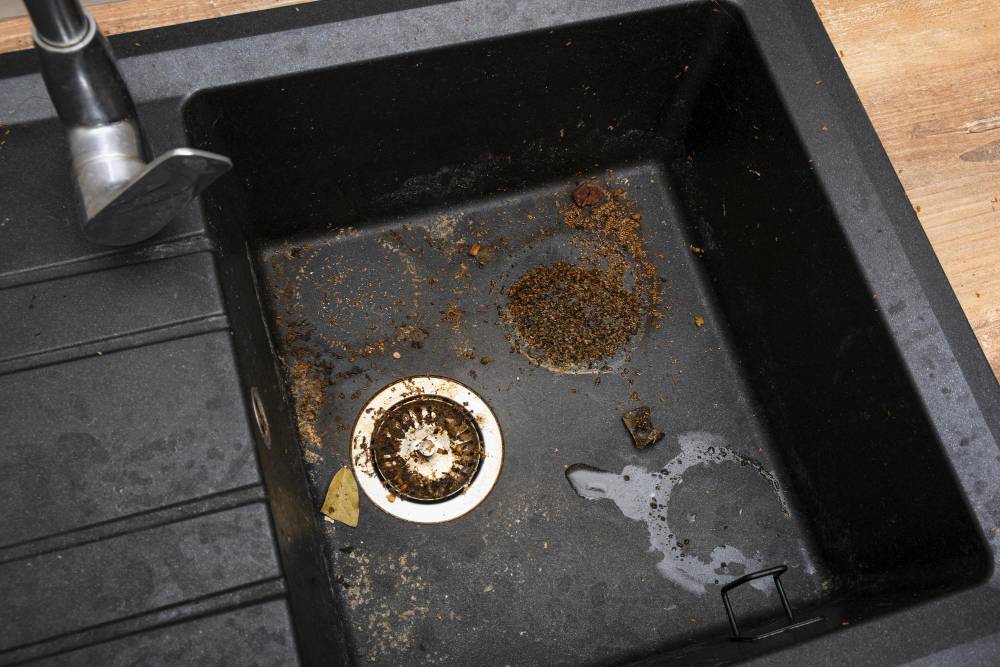Call This Wednesday to Get $50 OFF
Call us today
214-943-2424

Garbage disposals are convenient kitchen appliances that help manage food waste efficiently. However, many homeowners misuse their garbage disposals by treating them as trash bins for all types of kitchen waste. Misuse can lead to clogs, damage, and costly repairs or even necessitate a garbage disposal replacement. Understanding what not to put in your garbage disposal is crucial to keeping it running smoothly and extending its lifespan. Here are some key items to avoid and tips from professional plumbers.
Vegetables like celery, asparagus, corn husks, and artichokes have fibrous strands that can wrap around the blades of the garbage disposal. These fibers can cause the blades to jam and the motor to overwork, leading to potential breakdowns. If you need to dispose of fibrous vegetables, it's better to throw them in the trash or compost them.
Although they are liquid when hot, grease, fats, and oils solidify as they cool. When poured down the drain, they can coat the pipes and cause severe blockages over time. This can lead to clogged drains and necessitate a call to a plumbing repair service. Instead, collect grease in a container and dispose of it in the trash once it solidifies.
Although they seem harmless, coffee grounds can accumulate in the garbage disposal and the pipes, creating a sludge-like substance that can cause clogs. It’s better to dispose of coffee grounds in the trash or add them to your compost pile.
There is a common myth that eggshells can sharpen the blades of a garbage disposal, but this is not true. The membrane lining inside the eggshell can wrap around the shredder ring, and the shells themselves can turn into a sand-like substance that clogs the pipes. Dispose of eggshells in the trash or compost them.
Bones and fruit pits are too hard for the garbage disposal to grind up effectively. They can dull or break the blades and cause the motor to overheat. It’s best to dispose of bones and pits in the trash.
It may seem obvious, but non-food items such as plastic, metal, glass, or paper should never go into the garbage disposal. These items can severely damage the disposal and require a garbage disposal replacement or significant repairs.
If you notice persistent clogs, unusual noises, or reduced performance from your garbage disposal, it’s time to call a professional plumber from Texas Rooter. Our experts can assess the situation, provide necessary plumbing repairs, and advise whether you need a garbage disposal replacement. Our professional plumbing services ensure that your disposal is fixed correctly, preventing further issues.
By following these guidelines and maintaining your garbage disposal properly, you can avoid common problems and ensure your appliance's longevity. Taking care of your garbage disposal will save you money on repairs and replacements while keeping your kitchen running smoothly.
We’ve all heard that soft-but-persistent sound of water trickling in the bathroom long after the…
Read MoreThere’s nothing like a blast of cold water to jolt you awake - and not…
Read MoreYou turn on the faucet and clean water comes out; you flush the toilet and…
Read MoreThe average individual doesn't think twice about the toilet, let alone the parts within in…
Read MoreThe notorious burst water main starts with an unusual sound - maybe a low hum,…
Read More